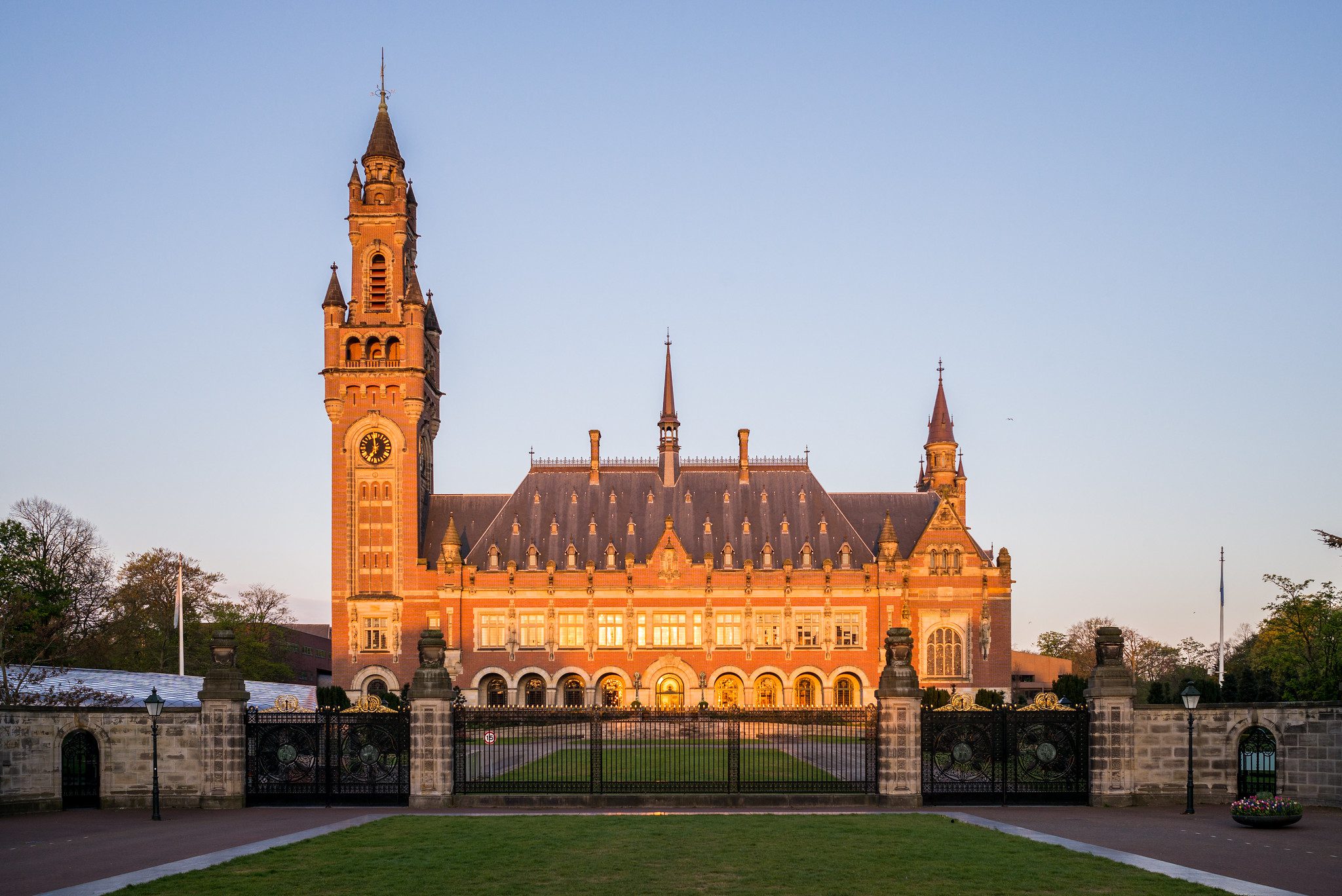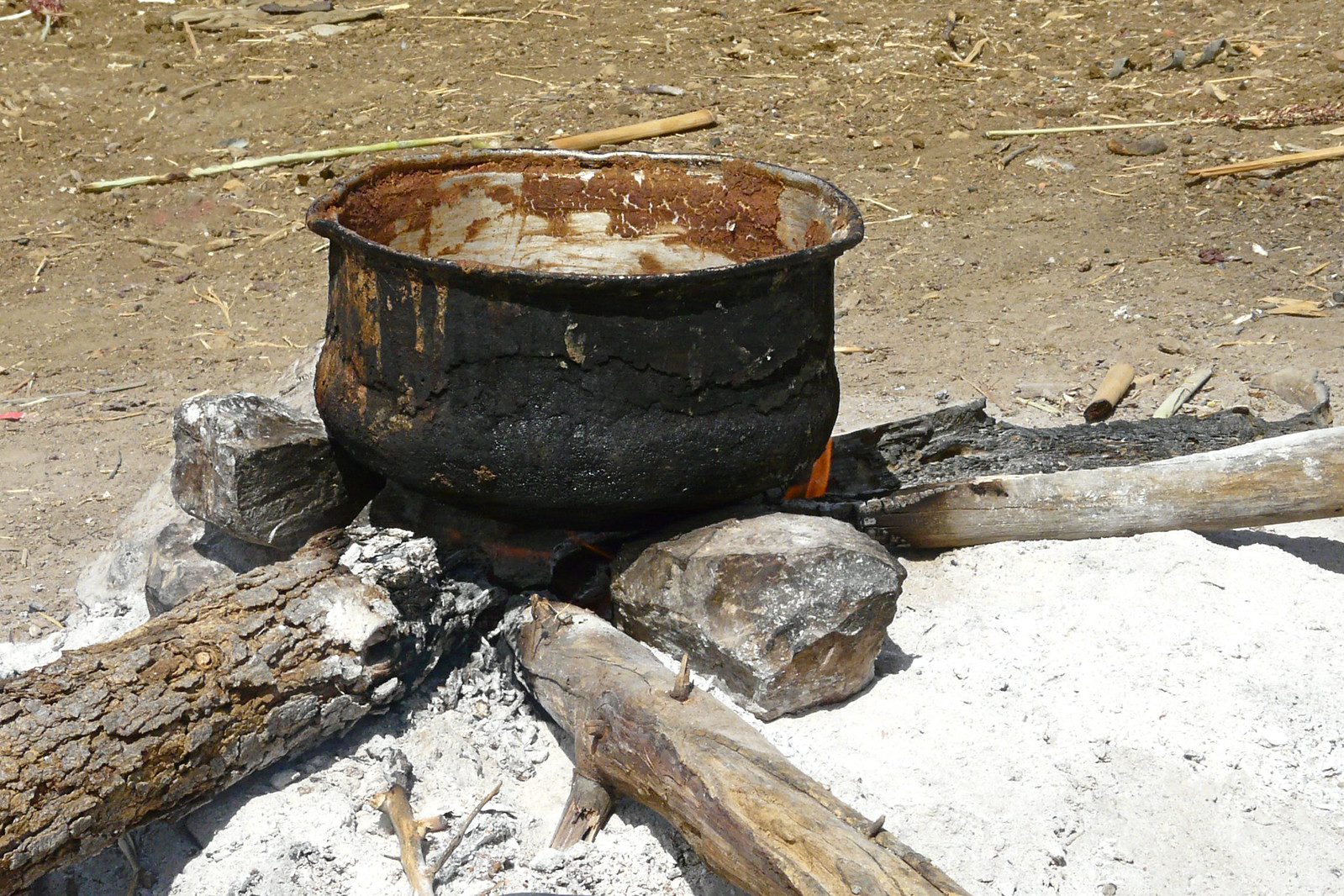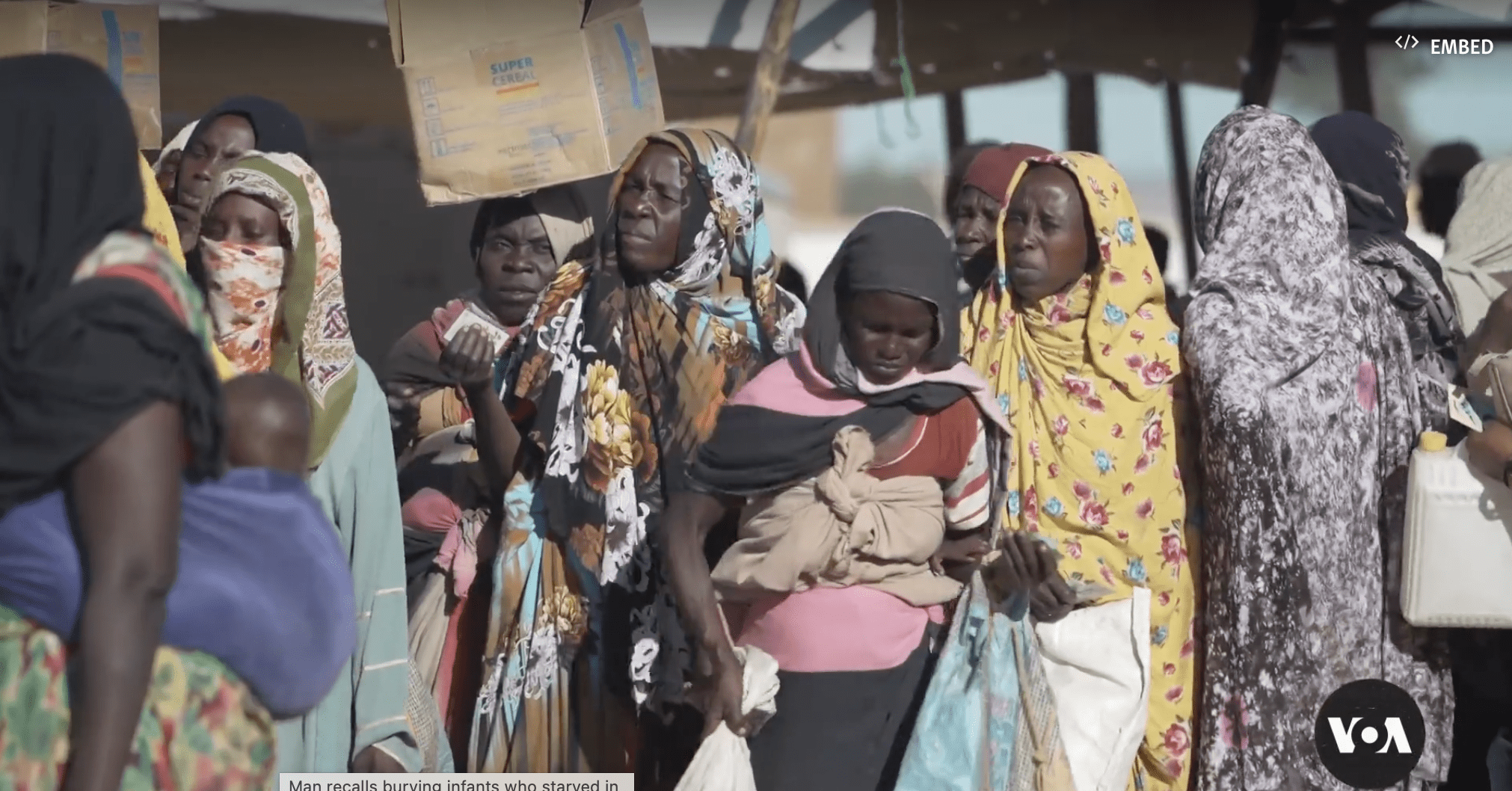Sudan has brought a genocide case to the International Court of Justice (ICJ) in The Hague. The Court should act quickly—and not confine itself to the specific demands made by the Sudanese military leader General Abdel Fattah al-Burhan.
The United Nations-recognized Government of Sudan (GoS) has instituted proceedings against the United Arab Emirates in the International Court of Justice. The basis of the claim is that the Rapid Support Forces (RSF) have committed genocide against the Masalit people of West Darfur, and that the UAE is ‘is complicit in the genocide on the Masalit through its direction of and provision of extensive financial, political, and military support for the rebel RSF militia.’ The GoS is demanding that the Court order immediate provisional measures for the UAE to fulfil its commitments to prevent acts of genocide.
The evidence for genocidal acts by the RSF, against the Masalit and other communities elsewhere in Sudan, is strong. Human Rights Watch has spoken of ‘ethnic cleansing.’ The United States has issued a genocide determination. The Special Advisor to the UN Secretary-General on the Prevention of Genocide, Alice Wairimu Nderitu has raised the alarm of similar crimes elsewhere in Darfur. The strongest case is made by the self-incriminating ‘trophy’ videos taken and circulated by RSF members of their own atrocities.
It’s possible that the International Criminal Court (ICC), which has a mandate for Darfur dating back twenty years, may issue arrest warrants against RSF leaders for genocide, including its leader, General Mohamed Hamdan Dagolo, known as ‘Hemedti’. But unlike the ICC, which prosecutes individuals for international crimes, the ICJ deals with states only. This means that al-Burhan, cannot bring the RSF as a political-military organization to court. Instead he has turned to its sponsor.
The evidence for the UAE support to the RSF is strong, including weapons smuggled under the cover of humanitarian flights, while UAE denials have not convinced US lawmakers.
The ICJ should hear the case promptly and issue provisional orders.
The judges at the ICJ should also go beyond the specific orders requested by the GoS, in three respects.
First, the Court should also order the UAE to do its utmost to ensure that the RSF does not commit genocide by starvation. Article 2(c) of the Genocide Convention prohibits ‘Deliberately inflicting on the group conditions of life calculated to bring about its physical destruction in whole or in part.’ The RSF siege of al-Fashir and the nearby camps for internally displaced persons, and attacks on essential health facilities, have been causing mass starvation there for a year. Many people in the city and the IDP camps are from the Zaghawa ethnic group and there is good reason to believe that the RSF may be targeting them on the basis of that identity. The Court should not wait for proof that the RSF is committing genocide by starvation. It should also order the UAE to do all in its power to provide humanitarian assistance and essential services to the besieged population, both directly and through pressing the RSF to permit such assistance.
Al-Burhan’s foreign ministry has denied that famine is happening in Sudan and expelled the UN’s Integrated food security Phase Classification (IPC) for determining that it is. The Court should assess the facts, including the IPC’s objective and impartial assessment.
Second, Sudan is itself bound by the Genocide Convention. The Court is required to hold the GoS to the same standards. The Sudan Armed Forces (SAF) and allied militia have committed ethnically-targeted massacres, for example in Gezira state, and there are fears of reprisals against civilians and relief workers in areas that the army captures from the RSF. The GoS has been restricting humanitarian aid to areas under RSF control, using starvation as a weapon. The provisional order for humanitarian aid should be equally binding on the GoS to prevent and punish genocide.
Over the decades, SAF has a history of violations, including numerous causes plausibly described as genocide, in southern Sudan, the Nuba Mountains, and Darfur. This history is extremely salient to the current case, the most aspects of that pattern of crimes over the decades are reproduced in today’s violations. This was a point I emphasized in my testimony to the ICC, at the start of the trial of Ali Abdel Rahman ‘Kushayb’, in 2022. (The judges’ decision is expected soon.)
Third, the Court should order the GoS and the UAE, and through the UAE, the RSF, to take action to prevent starvation whether or not it is directly related to the commission of genocide. The judges cannot in good conscience address a case in which the war crime of starvation is being perpetrated, and ignore those crimes, simply because they are considering a claim of genocide.
Here’s some proposed language for humanitarian action:
“Take all necessary and effective measures to ensure, without delay, in full co-operation with the United Nations, the unhindered provision at scale by all concerned of urgently needed basic services and humanitarian assistance, including food, water, electricity, fuel, shelter, clothing, hygiene and sanitation requirements, as well as medical supplies and medical care to all Sudanese, including by increasing the capacity and number of border crossing points and maintaining them open for as long as necessary.”
As mentioned, there’s a key shortcoming in any ICJ proceedings. The RSF is not a party to the ICJ. The RSF administration, called by its adversaries the ‘Republic of Kadamol’, is not a recognized state. It is not represented in the Court and the ICJ cannot directly give orders to the RSF. But the RSF aspires to government. If it is to have any political credibility, it should begin by enforcing the prevention and punishment of the crime of genocide.
The ICJ can affirm the laws and principles to which all are bound, and in addressing its orders to the UAE, indicate unequivocally what the RSF needs to do.



